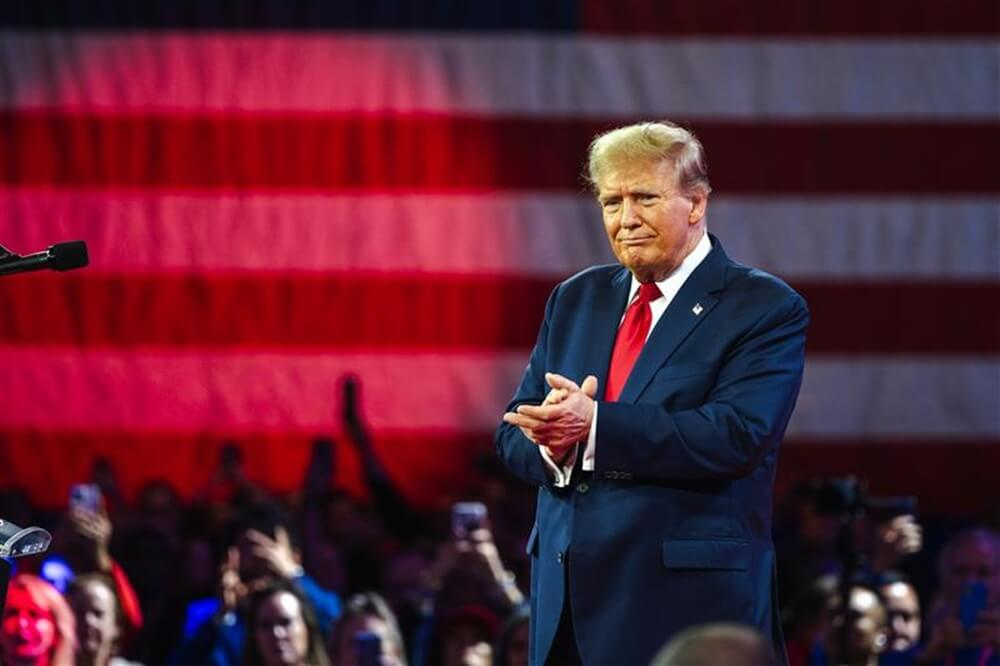
Trump in WH: A mixed bag for India’s trade ties
Donald Trump's return to the presidency is set to have a profound impact on India's trade and IT sector. His "America First" policy, which emphasises prioritising American interests, could lead to significant shifts in the bilateral relationship between the US and India predominantly in two key areas trade and IT. On the trade front, Trump's administration is likely to push for more stringent trade policies.
This could mean higher tariffs on Indian goods, particularly in sectors like pharmaceuticals, textiles, and IT services, which are major exports to the US. During his first term, Trump had a heated argument with Indian government regarding American iconic motorcycle, Harley Davidson. He accused India of charging higher tariffs on these motorcycles. Despite the personal friendship between PM Narendra Modi and President Donald Trump, the issue was not settled. The bonhomie also failed to secure a good deal and Harley pulled out of India. Trump has accused India of being a “Big abuser of tariffs.” During his first terms he had called India a “Tariff King”. Things may not change this time too. What India’s policy makers must realise is that it may not be a smooth ride. While this protectionist stance might pose challenges for Indian exporters, it also presents an opportunity for India to position itself as a key player in the global supply chain. Trump's continued push to decouple from China could open new avenues for Indian businesses, especially in manufacturing and technology. This may however come with a price.
Trump may pressure India to cut tariffs. This may not go well with India as it has the potential as it has the potential to create more trouble. The US may also force India to open up the EV and satellite sectors. Elon Musk, considered pretty close to Trump, may influence policy making in the area. Defence ties are one of the key areas and the collaboration has been the cornerstone of India-US relations in the recent years. The landmark initiative on Critical and Emerging Technology (iCET)and defence deals such as the GE-HAL agreement for manufacturing jet engines have been some of the achievements of the Biden administration. This might continue under the new Trump administration. But then, the positive ties with US might continue as ever as it has worked with Trump earlier and may be able to contain the downside. PM Modi has struck the right chord to assure Trump that India is looking forward to further cement India-US relations across technology, defence, energy, space and several other sectors. But a caveat here is that India needs to watch carefully Trump’s Iran policy given the experience last time.
Trump had pulled out from the Iran deal jeopardising India’s oil imports from Tehran and overall trade ties with the Persian Gulf country. As far the IT sector is concerned, there could be mixed outcomes for the sector under Trump's presidency. During his first term, Trump imposed stricter H-1B visa regulations, which significantly impacted Indian IT professionals working in the US. If these policies are reinstated, Indian IT companies might face challenges in deploying their talent to the US market.
However, the Indian IT industry has adapted by increasing local hiring in the US and reducing its dependence on H-1B visas. This resilience could help mitigate some of the adverse effects of Trump's immigration policies centred around “America First.” Moreover, Trump's proposed corporate tax cuts could stimulate investment in the US, indirectly benefiting Indian IT firms that have a significant presence in the American market. The focus on reducing reliance on Chinese imports might also drive US companies to seek partnerships with Indian IT firms, further strengthening bilateral ties in the technology sector. The key for India will be to navigate these changes strategically, leveraging its strengths to build a more resilient and diversified economic relationship with the US.
 English daily published in Bengaluru & Doha
English daily published in Bengaluru & Doha






